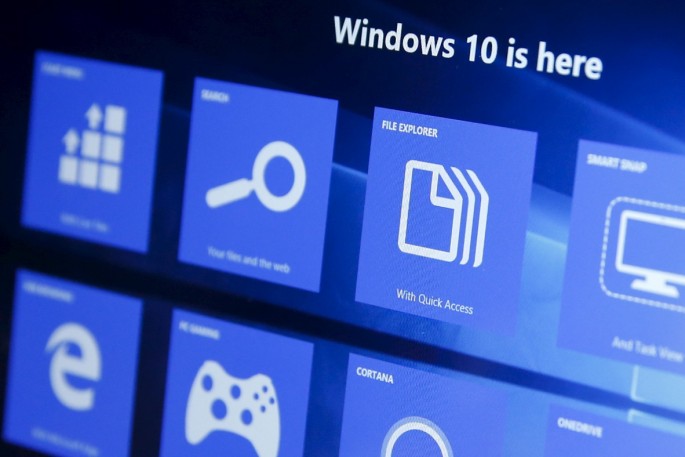Upon its release on July 29, Windows 10 has quickly become one of the most used operating system. However, this extreme popularity has made the operating system vulnerable to all sorts of malicious attacks that might endanger its user's privacy.
First of all, Windows 10 is a free upgrade and this alone plays a big role in its proliferation. However, due to recent online attacks and spread of cybercrimes, users have put privacy on top of their concerns every time they turn on their computer.
For some users, the issue of privacy was severely overblown due to ignorance. Users have become paranoid due to misinformation and sometimes due to complete lack of information at hand.
Experts said that Windows 10 is not a perfect operating system. For one, not a lot of changes or upgrades were made on its privacy and security protocols.
One of this biggest addition to Windows 10 is the digital personal assistant Cortana. According to The Guardian, for Cortana to fully functions it needs access to the user's personal information like calendar, contacts and current location and this is where the privacy concern starts. Malicious users can develop new techniques to bypass Windows 10's security protocol and access this information via Cortana.
According to PC World, users have the option to disable some of Cortana's feature if they deemed it is invading their privacy.
To fully take advantage of Windows 10's function it requires its user to setup their Microsoft Account and integrates features such as OneDrive and other online apps into one single account. Security experts consider this a privacy risk since all user information are stored into one single account.
Under Windows 10's settings, users have the ability to change their privacy settings depending on their needs. On the settings submenu, users can control the use of their contacts, camera, location, calendar, microphone and more.



























